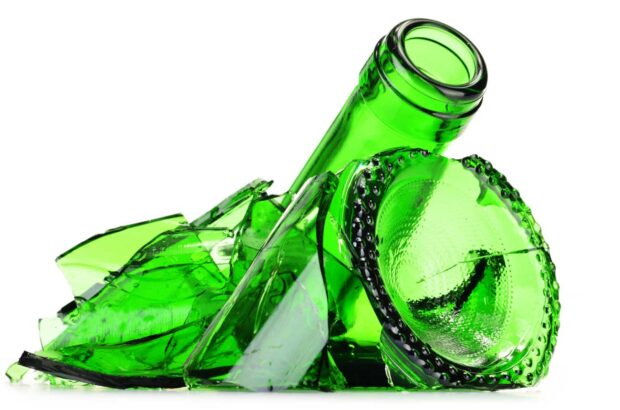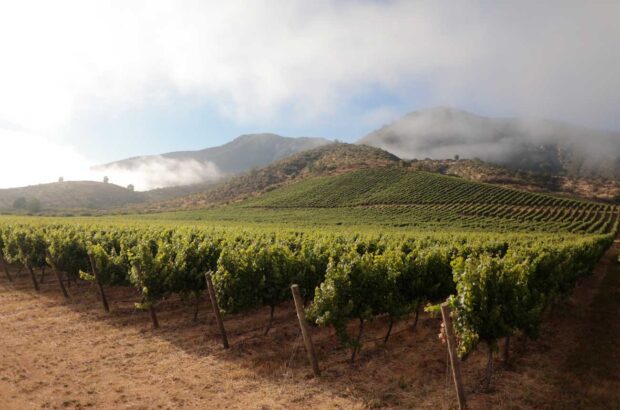Oddbins will come into direct competition with Majestic when they start selling by the case in nearly 50 stores later this year.
Oddbins and its sister chain Nicolas – both owned by French group Castel – are splitting their shops into three different categories: high street, bulk and suburban.
This includes an investment of up to £2.5m, and an expansion of both high street and bulk stores. Twenty-one outlets are on a ‘disposal list’, to be sold off as necessary. The changes will happen as of 1 February this year.
On the high street the 82 Nicolas and 65 Oddbins shops will maintain their different identities, said HR director for Nicolas and Oddbins, Ayo Akintola. He firmly scotched any rumours of a sell-off.
The second category of shops, known as bulk and LRU, for Large Retail Units, currently consists of 47 Oddbins outlets. ‘These are the shops that will focus on case sales, with car parks, where consumers can load up,’ Akintola said.
As such they are moving into territory ‘owned’ by Majestic – which pioneered selling by the case and is UK wine retailing’s most consistent success story of the last few years.
Asked if they were specifically targetting Majestic, Akintola said, ‘we are not overtly going for their customers, but I expect there will be some crossover of their customers to us.’
The third category is the suburban Oddbins stores, of which there are currently 52. ‘These will stock the normal Oddbins range, but they will also cater, where commercially possible to local needs, such as a demand for a local beer,’ explained Akintola.
‘Nicolas will keep is mainly French range, and Oddbins will continue to have a more diverse range in terms of the new world,’ he said.
Akintola said ‘a significant sum’ would be invested this year in the Oddbins high street shops. ‘In excess of half a million pounds, but not more than £2.5m, and on more than a lick of paint.’
He added, ‘We will be expanding on both the high street and LRU, and shops might move from one segment to another.’
Asked about the motivation behind the new segments, Akintola said the aim was to focus on the strengths of each shop and not confuse the customer. ‘There is no point in doing case discounts where customers are walking away down the street, for example.’
The process of repositioning the shops started in mid 2007, and the merging of head office functions has led to the voluntary redundancy of 12 people.
Written by Sophie Kevany






